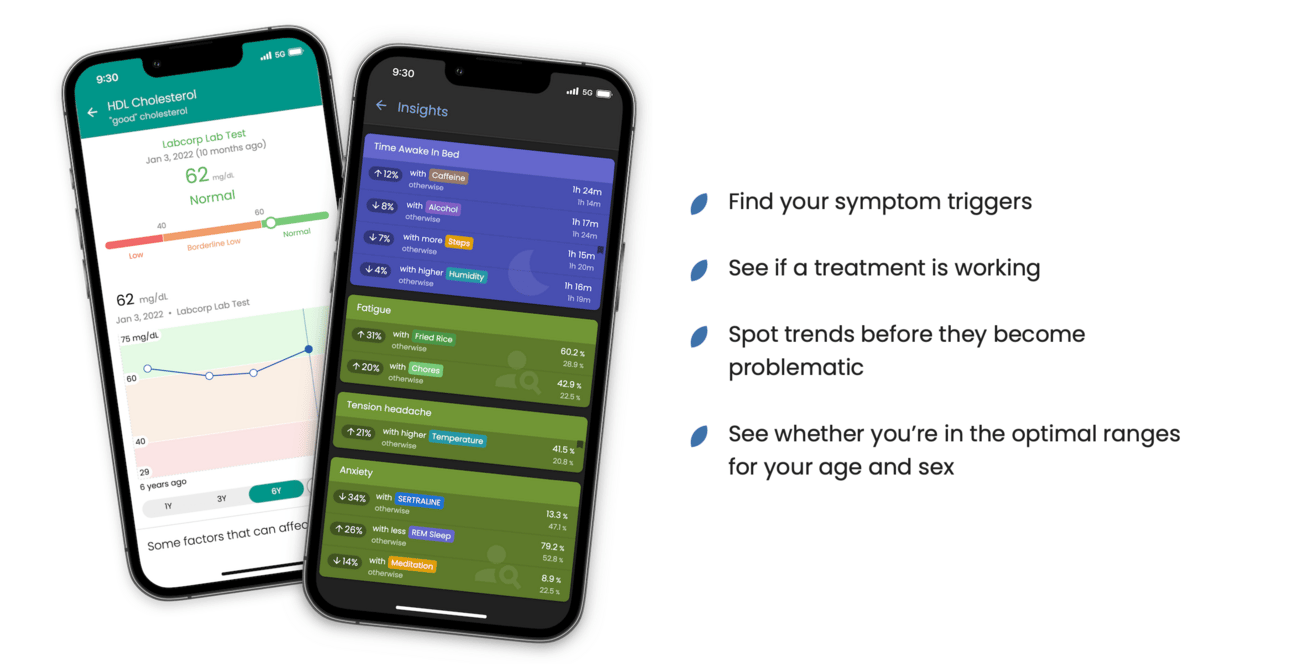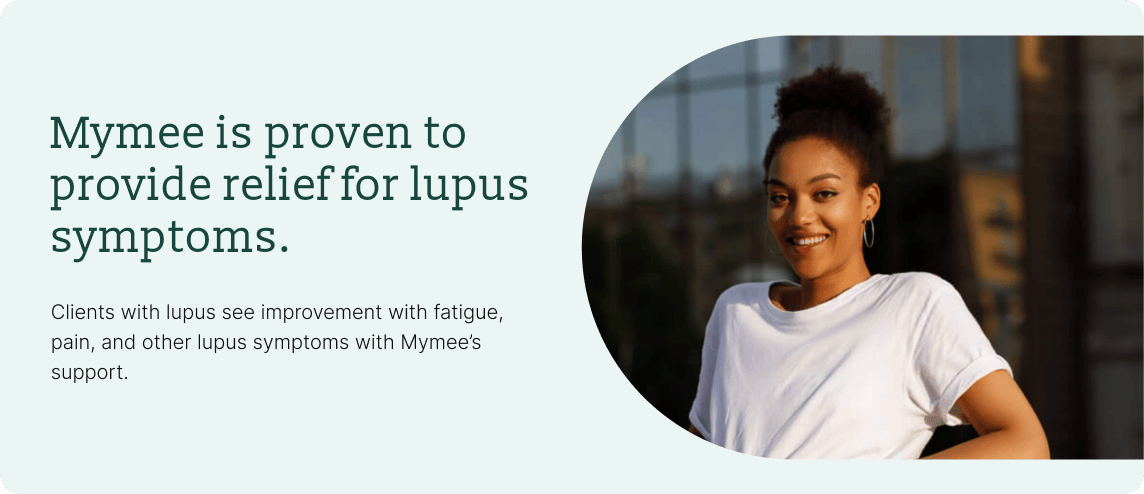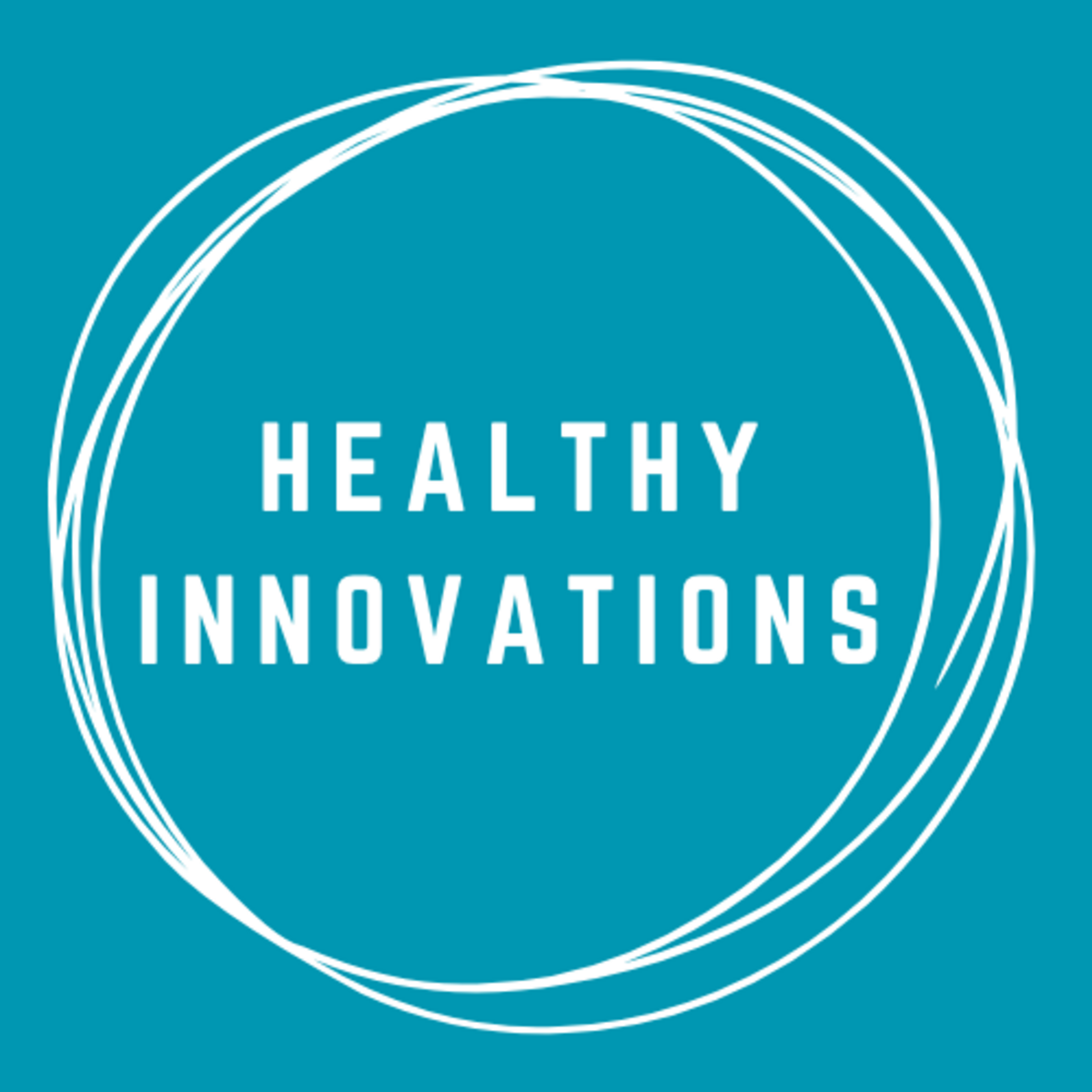Welcome back to Issue 20 of Healthy Innovations - transformative healthcare trends, curated for the curious mind! 👋
In this issue, I wanted to explore innovative health apps transforming chronic disease management. While traditional methods of symptom tracking and medication management have their limits, a new wave of intelligent smartphone applications is changing the landscape.
These AI-powered solutions aren't just simplifying care management - they're changing how patients and healthcare providers interact, monitor progress, and make treatment decisions.
Also, don’t miss this week’s colorful Weird and Wonderful highlight 👁️🌈!
Let's dive in!
Beyond basic tracking: The innovation in chronic care
The health app landscape is evolving rapidly, with sophisticated platforms that go far beyond simple tracking and reminders. These next-generation tools don't just collect data - they provide actionable insights that adapt to each patient's unique needs.
For people managing conditions like diabetes, cancer, depression, or autoimmune disorders, these innovative systems are aiming to transform daily health management from a burden into a seamless experience.
With chronic disease costs expected to reach $47 trillion worldwide by 2030, finding new solutions to this healthcare challenge is urgent. AI-powered health apps offer a promising path forward by making disease management more accessible, personalized, and cost-effective.
These smart solutions are especially valuable for people managing complex or multiple conditions, where tracking symptoms and treatments can be overwhelming. AI algorithms can spot subtle patterns that we humans might miss, alerting users to potential flare-ups or complications before they become severe.
This proactive approach marks a significant advancement over traditional reactive care models.
Latest apps transforming chronic disease management
Here are some of the most innovative health apps designed specifically for chronic condition management.
Holly Health App: Smart Coaching for Chronic Care
Updated in 2024, Holly Health offers individualized coaching for people wanting to get a bit healthier and those managing multiple chronic conditions, using machine learning and adaptive behavior change techniques.
The app has been shown to reduce reliance on GP visits and improve self-management for people with complex health needs.

In one study, after 8 weeks of using Holly Health, users who reported a musculoskeletal (MSK) condition saw statistically significant improvements in self-reported exercise, energy levels, self-confidence, long-term mindset, and self-management skills.
Specifically, users who started with low to medium scores at baseline experienced significant improvements:
A 20% increase in exercise
15% more self-confidence
11% more energy
A 16% increase in long-term mindset (ability to focus on long-term benefits vs. short-term results)
17% increase in self-management skills (ability to manage own health and wellbeing)
Holly Health has partnered with over 100 UK GP practices, covering more than 500,000 patients, and has developed tailored programs for older adults through its Healthy Ageing Project in collaboration with Age UK.
Guava Health App: A Comprehensive Health Management Tool
Guava is a health tracking application designed primarily for individuals managing chronic or complex health conditions.
The app centralizes health information by connecting with over 50,000 US healthcare providers, allowing users to import medical records, lab results, and clinical notes into one location.
Guava offers several key functions, including symptom and habit tracking, medication management, and AI-powered analysis that identifies patterns between health data points.

The platform has gained popularity among people with conditions such as POTS, EDS, and Long COVID, who often coordinate care across multiple specialists. Users can generate health summaries from their tracked data to share during medical appointments, which helps facilitate more informed discussions with healthcare providers. Additional features include cycle tracking, pregnancy monitoring, and integration with fitness devices to create a comprehensive picture of the user's health status.
Visible Health App: A Supportive Companion for Energy Management
With the strapline “the activity tracking platform for illness, not fitness”, Visible offers a refreshing new approach to health tracking for people living with energy-limiting conditions like Long Covid, ME/CFS, POTS, fibromyalgia, and EDS.
Created with a deep understanding of these challenges, the app turns the traditional fitness tracker concept on its head by prioritizing rest and energy conservation rather than pushing for more activity.

At its heart, Visible helps users navigate their day with a thoughtful "pace points" system that visualizes energy spending, making the abstract concept of pacing more tangible. Each morning, the app checks in with users through simple heart measurements using just their phone's camera, establishing a daily stability score that serves as a friendly guide for the day ahead. Users can track their symptoms, medications, and activities over time, revealing helpful patterns that might otherwise go unnoticed.
The Visible team has also developed a cutting-edge AI algorithm that predicts a user’s susceptibility to “crashes” (periods of worsened symptoms or health setbacks) based on the world’s largest dataset of biometrics, symptoms, and crashes for complex illness.
Curable App: Smart Pain Management Solutions
Focused on chronic pain, Curable leverages AI to deliver a personalized approach to pain management.
The app features an AI-powered virtual coach named Clara that tailors a comprehensive program to each user's specific symptoms and preferences. According to one study, the app scored highest among 19 chronic pain apps for quality of self-management support.

*Study Design: Curable distributes a Patient Global Impression of Change survey to individuals after they have been using the program for 30 days. This study is ongoing, but to date the analysis includes n = 10,173 respondents.
What makes Curable particularly innovative is how its AI continuously adapts based on user feedback. The system learns which exercises (including meditation, brain training using CBT techniques, and expressive writing) resonate best with each individual and adjusts future recommendations accordingly. Rather than simply tracking symptoms, the AI interface transforms the user's relationship with pain through personalized education and self-guided exercises designed around their specific condition and response patterns.
Balancing innovation with reality
The rise of health apps for chronic disease management marks an exciting step forward. These intelligent tools are transforming how people handle complex health conditions, filling the crucial gap between infrequent doctor visits and day-to-day self-care.
But there are limitations.
While AI algorithms offer powerful capabilities, they work best as supplements to, not replacements for, professional medical guidance. Several key challenges persist: protecting patient privacy, ensuring equal access, and establishing robust clinical validation.
The health apps that will truly excel are those that seamlessly blend with existing healthcare systems while remaining accessible and user-friendly.
As this technology matures, we'll see increasingly sophisticated solutions that personalize chronic condition management, empowering millions of patients with better control over their health and deeper insights into their conditions.
Innovation highlights
💉 Bye-bye needles: UK-based Thriva has partnered with device manufacturer Tasso to revolutionize blood testing with a virtually painless, needle-free collection method. The innovative Tasso+ device uses advanced technology to collect whole liquid blood samples without traditional needles or finger pricks. Users simply place the device gently on their skin, where it passively collects blood in about 5 minutes. This breakthrough addresses needle phobia, affecting up to 10% of adults and 63% of children, which often prevents people from seeking essential preventative care.
🧬 ✂️ DNA's new surgical scissors: Move over CRISPR! Scientists have unveiled a revolutionary family of enzymes that act as precision "scissors" exclusively for single-stranded DNA. While CRISPR transformed gene editing for double-stranded DNA, these newly discovered Ssn enzymes operate with laser-like precision on the more elusive single strand - the unsung hero in cell replication, viral infection, and cutting-edge biotechnology. With thousands of these specialized molecular tools identified, each with its own target sequence, we're entering a new frontier in genetic manipulation.
🧠 Brain tumor breakthrough: Scientists have discovered a promising new target for treating glioblastoma, the deadliest type of brain tumor. By targeting an enzyme called PGM3, researchers can disrupt the hexosamine synthesis pathway critical for tumor growth. This breakthrough blocks the connection between sugar and fat creation in cancer cells, effectively suppressing tumor development. The finding provides new hope for the 15,000 people diagnosed annually with this aggressive cancer, which typically has a median survival of only 12-16 months despite extensive treatments.
Cool tool
I thought I would highlight one final AI-enabled app for chronic disease management.
⚡ Mymee tackles autoimmune symptoms with a clever personalized approach. This app helps you track your unique health triggers while pairing you with a dedicated health coach who makes sense of your data. Unlike basic symptom trackers, Mymee uses AI to connect the dots between your diet, environment, and flare-ups for conditions like lupus, rheumatoid arthritis, and long COVID. Users typically see improvements within 17 weeks, making those mysterious autoimmune symptoms finally feel manageable.

Weird and wonderful
🌈 A color beyond imagination: Scientists have created what they claim is the world's first truly "new" color—one that can't be found in natural vision. Named "olo," this extraordinary blue-green hue appears when researchers use their specially designed "Oz vision" system to stimulate only the middle-wavelength light receptors in the eye, something natural light cannot do. While this turquoise image hints at the color, researchers insist the real experience is incomparably more vivid, describing it as "jaw-dropping" and "incredibly saturated."
Though experts debate whether it truly qualifies as a "new" color, these visual pioneers believe their technique could help scientists better understand color blindness and vision disorders.

Thank you for reading the Healthy Innovations newsletter!
Keep an eye out for next week’s issue, where I will highlight the healthcare innovations you need to know about.
Have a great week!
Alison ✨
P.S. If you enjoyed reading the Healthy Innovations newsletter, please subscribe so I know the content is valuable to you!


